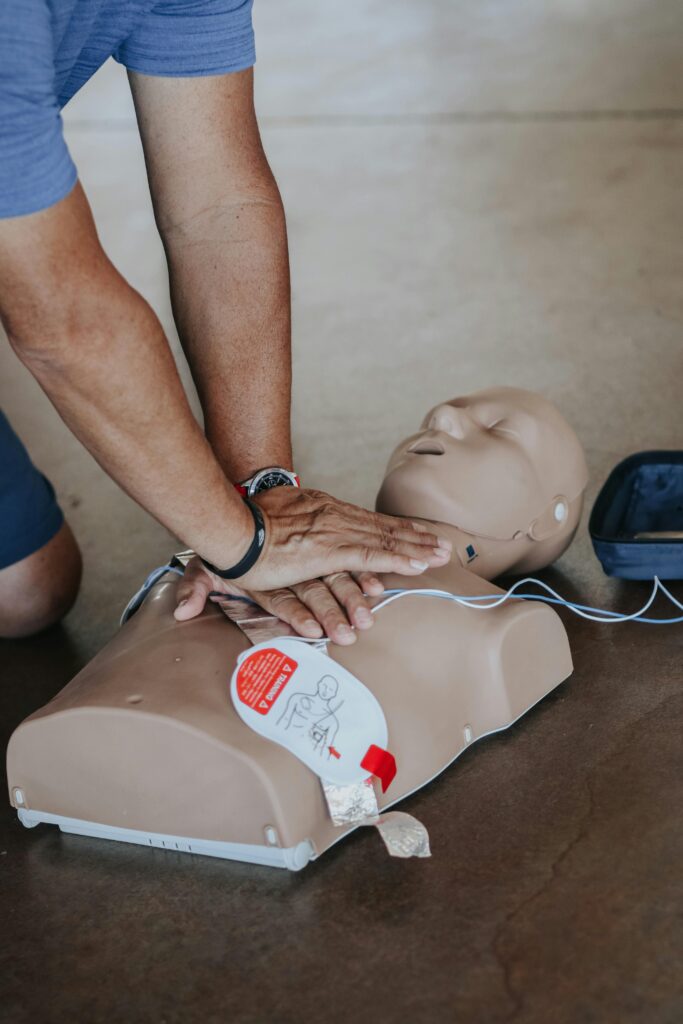Health education plays a crucial role in promoting well-being, preventing diseases, and encouraging healthier lifestyles.
It is a powerful tool that empowers individuals to make informed decisions about their health and provides them with the knowledge and skills necessary for taking care of their well-being. In this blog, we’ll explore the core principles of health education that help guide its practice and ensure its effectiveness.

One of the most important principles of health education is that it must be relevant to the target audience. Health education programs should be designed with a clear understanding of the community’s values, beliefs, and cultural practices. The content should reflect these cultural norms to ensure that the information resonates with individuals, and they are more likely to adopt healthier habits.
1. Health Education Should Be Relevant and Culturally Sensitive
For example, when addressing dietary choices, a health education program should take into account local cuisines and food preferences. It might focus on promoting healthy eating within the context of the community’s traditional meals and cooking methods, making the advice more approachable and practical.

Focus on Prevention
- Healthy eating and nutrition
- Regular physical activity
- Hygiene and sanitation
- Stress management
- Substance abuse prevention
- Vaccination
If you’re interested in learning more about health and wellness, check out our latest articles on NutriBowl for healthy eating tips and more.
| Principle | Description |
| Relevance and Cultural Sensitivity | Tailor content to the community’s values, beliefs, and cultural practices. |
How do health education programs measure success?
The success of health education programs is measured through various methods, such as surveys, health outcome data, feedback from participants, and changes in health behavior. Continuous evaluation ensures that programs are effective and achieve their goals.
Can health education prevent diseases?
Yes, health education is a vital tool in disease prevention. By educating people about healthy habits like proper nutrition, exercise, hygiene, and the importance of vaccination, health education helps reduce the risk of many chronic diseases and infections.
How can communities benefit from health education?
Communities can benefit from health education by reducing the prevalence of preventable diseases, promoting healthy behaviors, improving overall well-being, and fostering a sense of responsibility for personal and collective health.
What is the difference between health education and health promotion?
Health education focuses on providing information to help people make informed decisions about their health, while health promotion involves creating environments and policies that encourage healthier behaviors and lifestyles on a broader scale.
How can I improve my health knowledge?
To improve your health knowledge, you can attend health education programs, read credible health-related materials, consult healthcare professionals, and stay informed through trusted sources such as medical websites, blogs, and workshops.
What is the role of health literacy in health education?
Health literacy is the ability to understand and apply health information. In health education, enhancing health literacy ensures that individuals can make informed decisions about their health, understand medical advice, and navigate healthcare systems effectively.
How can health education be delivered?
Health education can be delivered through various methods, such as workshops, seminars, online courses, pamphlets, community events, social media campaigns, and one-on-one counseling. The mode of delivery should be tailored to the needs of the target audience.
FAQs
What is health education?
Health education is the process of providing information and resources to individuals and communities to help them make informed decisions about their health and well-being. It aims to promote healthier lifestyles, prevent diseases, and empower people to take charge of their own health.
Why is health education important?
Health education is crucial because it helps people understand how to maintain their health, prevent illness, and improve quality of life. By educating individuals on healthy behaviors and disease prevention, health education plays a key role in reducing healthcare costs and enhancing public health.
What are the key principles of health education?
The key principles of health education include relevance and cultural sensitivity, clear communication, active participation, prevention focus, empowerment, health literacy, promoting behavioral change, community support, and continuous evaluation.